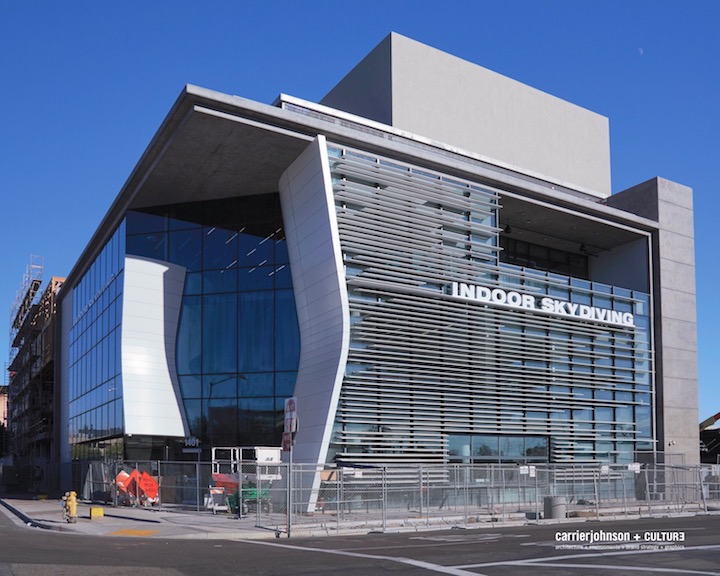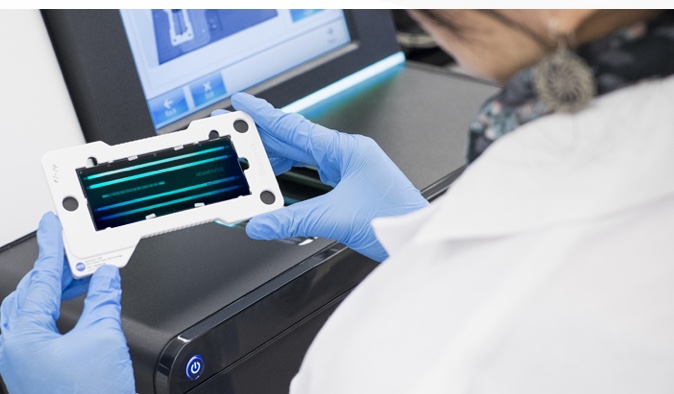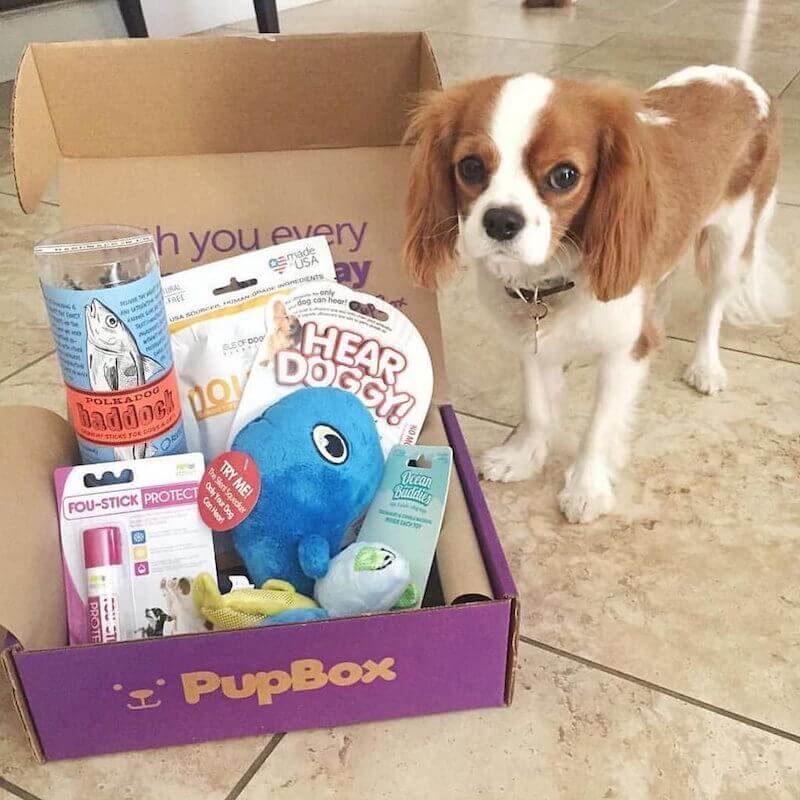Daily Business Report-Oct. 22, 2020
A Junior Girl Scout reading. (Courtesy Girl Scouts)
San Diego Girl Scouts earn 3 cybersecurity
badges in workshop hosted by SynED
Event held in collaboration with multiple San Diego regional businesses, community, government and education leaders
During the first two weeks of national cybersecurity awareness month, Girl Scouts of San Diego hosted a series of virtual cybersecurity workshops for girls to earn three cybersecurity badges. The event was hosted in partnership with SynEd, a national nonprofit focused on Career Technology Education, and in collaboration with multiple San Diego regional businesses, community, government, and education leaders.
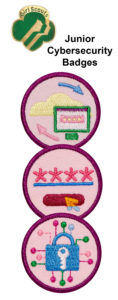
According to the National Initiative for Cybersecurity Education (NICE), demand for cybersecurity professionals is growing at an ever increasing pace. Moreover, while the number of women are increasing in the field, it is still overwhelmingly male. Educators and cybersecurity professionals have long debated the most appropriate age to begin cybersecurity training for youth. Everyone agrees that basic cyber-hygiene is imperative today as soon as a child has access to digital devices.
“We believe it is important for all of our girls to engage and have the opportunity to earn their cybersecurity badges, from Daisies (K-1st grade) through our Ambassadors (11th – 12th grade),” said Michelle Miller, director of programs for Girl Scouts San Diego.
Seventy girls, plus their parents, spent an entire day attending lectures and completing projects. The speakers shared their experience, showing the young Girl Scouts how they, too, could become a cybersecurity professional.
Alexandra Albro, vice president and legal counsel for ESET North America, a global cybersecurity firm in San Diego, shared, “Dream big and take time to interact with people that you can help. In turn, they will help you with your dreams and aspirations. It is an exciting world, and one you will want to be part of it.”
The event initially planned for spring 2020 was paused for several months while organizers from SynED restructured the program for a virtual occurrence due to the pandemic. Working with the Girl Scouts, SynED developed a virtual, scalable and replicable program and mapped curriculum to the badges established by Palo Alto Networks and the Girl Scouts.
The flexibility and ease with which the changes were implemented were due to the SynED team being well versed and skilled in cybersecurity education and training. Master Teacher and cybersecurity education award recipient, Donna Woods, along with Liz Fraumann, the lead in the first national cybersecurity patch for the Girl Scouts in 2010, revamped the entire program to accommodate and target each level of scouts with their own workshop. Because of this expertise, the team was able to not only have the girls meet the Girl Scout badge requirements, they engaged in online learning activities, quizzes, and videos that made it fun for all involved. “I could not be prouder of my team,” said Scott Young, president and CEO of SynED. “They are helping to pave a career pathway for the girls to follow.”
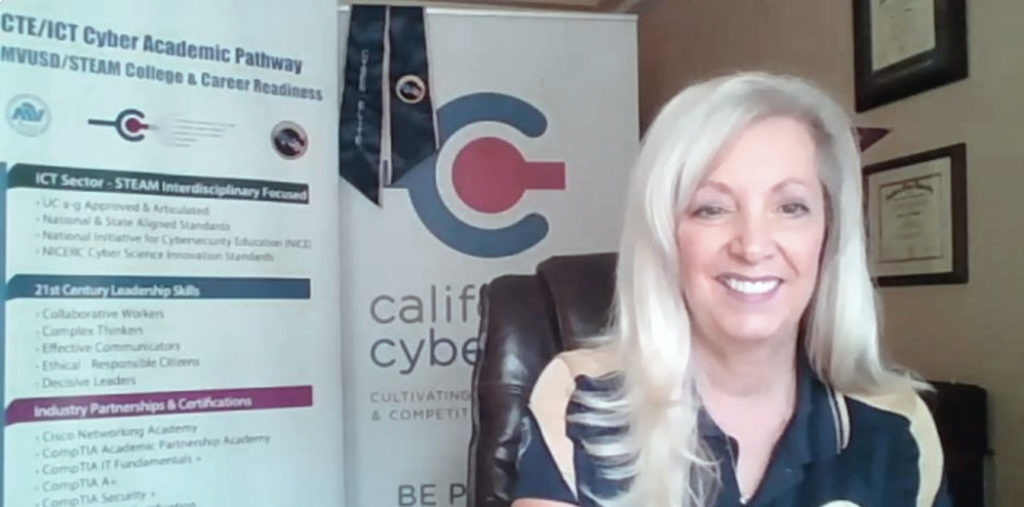
Perhaps one of the most significant outcomes beyond the girls and their success, learnings, and enthusiastic participation, was the collaborative effort from business leaders, educators, government representatives, including NAVWAR, and the nonprofit community. Lisa Easterly, chief operations officer of the San Diego Cyber Center of Excellence (SD-CCOE), helped lead the charge for volunteers from their industry association.
Recognizing the importance of cybersecurity education to the future, Jennie Brooks, senior vice president, Booz Allen Hamilton, participated in the curriculum and added, “Booz Allen Hamilton is committed to supporting girls in STEM, and this year with so many of our children learning through virtual programs, it is more important than ever to give them the tools they need to be safe online,” said Brooks. “As a key partner for business, government, and military leaders, we know that cybersecurity is one of the most urgent missions that our clients face – and a diverse, highly skilled talent pipeline is critical for meeting the cyber challenges of today and tomorrow. We were proud to support this workshop and continue to help cultivate STEM learning opportunities for young women.”
Air Force Major Gen. Sheila Zuehlke (retired) perhaps summed up the program best when she said, “The threats to our nation are real and ever-present danger lurks. We simply must inspire and engage the youth of today to become our future cyber-defenders and leaders. A special thank you goes out to the Girl Scouts and SynED for their leadership in this effort. We look forward to welcoming the young ladies into one of the fastest growing career fields.”
Key participants and speakers of this event included: Claire Munsell, STEM Program Specialist, Girl Scouts San Diego; Lisa Easterly, COO, SD-CCOE; Jara Tripiano, division head for Cybersecurity Engineering, NAVWAR; Justine Phillips, partner, Sheppard Mullin; Tricia Mercer, VP People & Culture, Sentek Global; Air Force Major Gen. Sheila Zuehlke (retired) ; Jennie Brooks, senior vice president, Booz Allen Hamilton; Teresa Macklin, information security officer, California State University-San Marcos; Donna Woods, master instructor Moreno Valley Unified School District; and Liz Fraumann, director, SynED’s Cyber-Guild.
_____________________________________________
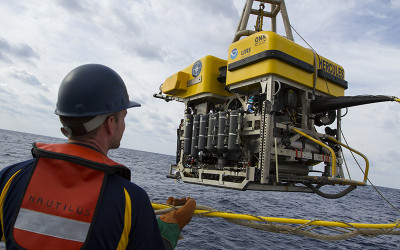
Scientists to study biodiversity and pharmaceutical
potential on seafloor off California
Three scientists at Scripps Institution of Oceanography will lead a cruise off Southern California beginning Oct. 27 to explore the biodiversity of deep sea habitats that are rich in minerals like phosphorus and manganese. Their goal is to document the life forms inhabiting these unique environments and assess their potential to yield chemical substances with pharmaceutical potential.
The public will be able to see what the scientists see in real time when the researchers guide a remotely operated vehicle as it explores the ocean floor, collecting specimens of marine life and samples of mineral-rich rock and sediment.
“Surprisingly, there are still areas off Southern California where marine life remains unexplored,” said lead scientist and Scripps biological oceanographer Lisa Levin. “We think it is important to understand the biodiversity of seafloor life associated with these different minerals that are increasingly targeted for mining by society, prior to decisions about exploitation. This includes the microbes that inhabit these sites,” which represent an important component of the ecosystem and a potential source of new pharmaceuticals.”
_____________________________________________

California theme park guidelines spark pushback
Emily Hoeven | CalMatters
California released theme park reopening guidelines Tuesday, but its long-running saga with Disneyland and other major amusement parks appears to be far from over. Under the new guidance, smaller theme parks can reopen at 25 percent capacity or 500 people — whichever is fewer — once their county has entered the orange reopening tier, and tickets must be limited to people living within the county. All amusement parks can reopen at limited capacity once their county is in the yellow, or least restrictive, reopening tier. The state released similar reopening guidelines for outdoor stadiums.
Disneyland Resort President Ken Potrock: “These state guidelines will keep us shuttered for the foreseeable future, forcing thousands more people out of work, leading to the inevitable closure of small family-owned businesses, and irreparably devastating the Anaheim/Southern California community.”
Santa Clara County Executive Jeff Smith: “Putting an audience in a stadium … is just asking for trouble. It’s like a petri dish … right now is not the time to be relaxing regulations.”
As the state hammers out reopening plans for certain sectors of the economy, pressure is increasing on Newsom and other state leaders to focus on reopening schools instead.
Los Angeles County Superintendent Austin Beutner: “As card rooms, indoor malls and other venues where groups of people can gather are allowed to reopen, one starts to question priorities.”
_____________________________________________
Startup receives up to $15 million to
develop nanoparticle therapy for sepsis
San Diego-based Cellics Therapeutics, which was co-founded by UC San Diego nanoengineering Professor Liangfang Zhang, has received an award of up to $15 million from Boston-based accelerator CARB-X to develop a macrophage cellular nanosponge—nanoparticles cloaked in the cell membranes of macrophages—designed to treat sepsis.
CARB-X, which stands for Combating Antibiotic-Resistant Bacteria Biopharmaceutical Accelerator, is a global nonprofit partnership dedicated to supporting early development of antibacterial R&D to address the rising threat of drug-resistant bacteria.
In a paper published in Proceedings of the National Academy of Sciences in 2017, Zhang collaborated with the laboratory of Professor Victor Nizet at UC San Diego School of Medicine and Skaggs School of Pharmacy and Pharmaceutical Sciences to show that macrophage nanosponges can safely neutralize bacterial molecules that play a key role in sepsis, called endotoxins, as well as pro-inflammatory cytokines produced by the immune system.
_____________________________________________
UC San Diego’s Susan Ackerman elected
to National Academy of Medicine
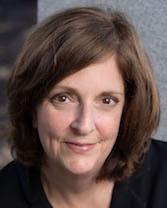
The National Academy of Medicine has announced that University of California San Diego Professor Susan Ackerman, a pioneer in the study of homeostasis in developing and aging neurons, has been elected to membership in the prestigious organization.
The announcement of the organization’s 100 newest members was made on Oct. 19 at the NAM’s annual meeting. Election to the Academy is considered one of the highest honors in the fields of health and medicine and recognizes individuals who have demonstrated outstanding professional achievement and commitment to service.
The Stephen W. Kuffler Chair in Biology, Ackerman was elected to the academy “for her identification of genes and their accompanying function in establishing novel mechanisms necessary for neuronal homeostasis and which, when defective, lead to neurodegeneration.”
Ackerman joined UC San Diego in 2016 and is a member of the Section of Neurobiology in the Division of Biological Sciences; the Department of Cellular and Molecular Medicine in the School of Medicine; and an investigator at the Howard Hughes Medical Institute.
_____________________________________________
Roger Showley named 2020 International
Journalist by Lambda Alpha International
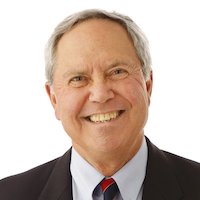
The San Diego chapter of Lambda Alpha International (LAI) announced that Roger Showley has been named by the LAI national Board of Governors as the 2020 International Journalist.
The Board of Governors cited Showley’s “many years of work in urban economics, real estate and development as a columnist for the San Diego Union Tribune newspaper. Moreover, the nomination recognized as well the five books that you have written about the City of San Diego.”
The LAI award recognizes either a journalist or an author whose efforts have contributed to a greater understanding of the principles, practices and greater awareness of land economics. The journalism award is for a sustained, exemplary contribution to a national or regional body of work. Nominations came from LAI’s 29 international chapters.
LAI will present the award at its semi-annual Land Economics Weekend, which is next scheduled for spring 2022 in Sacramento, due to the COVID pandemic.
_____________________________________________
Salk assistant professor awarded grant to study
impact of tobacco use on pancreatic cancer
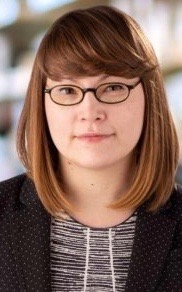
Salk Institute Assistant Professor Dannielle Engle has been awarded a New Investigator Award from the Tobacco-Related Disease Research Program (TRDRP) to examine how tobacco use promotes cellular changes that lead to pancreatic cancer. The TRDRP funds research that “enhances understanding of tobacco use, prevention and cessation, the social, economic and policy-related aspects of tobacco use, and tobacco-related diseases in California,” according to the website.
Engle will receive over $1 million over three years to develop new models for examining how tobacco carcinogens (cancer-causing substances) lead to tumor development and metastasis.
_____________________________________________

Registrar reminds voters — Return your mail ballots
If you’re a registered voter and you haven’t cast your ballot yet, you’ll soon get a reminder from the Registrar’s office that you have less than 15 days to cast your ballot for the Nov. 3 Presidential General Election.
The Registrar sent over 1.6 million reminder postcards to registered voters in San Diego County who had not returned their mail ballot as of Oct. 14.
Don’t delay! If you have been holding onto your ballot, act now and vote from the comfort and safety of your home. Sign and date your return envelope, seal your completed ballot inside and return it to a trusted source.
The sooner the Registrar’s office receives your ballot, the sooner it is processed for the first release of Election Night results.
If you have not received your mail ballot, contact the Registrar’s office at 858-565-5800.
_____________________________________________
Sam’s Club to add autonomous floor
scrubbers from Brain Corp partner
Brain Corp, an artificial intelligence (AI) company, announced that Sam’s Club is expanding its investment in Brain Corp’s robotics. Beginning this fall, the retailer will add 372 autonomous floor scrubbers manufactured by Tennant Company, a Brain Corp partner, to the hundreds of units it has already deployed, resulting in a robotic scrubber in every club in their U.S. chain of nearly 600 stores.
Sam’s Club is also expanding a retail shelf analytics pilot using Brain Corp’s floor scrubber accessory for localizing and analyzing shelf inventory with the goal of improving in-store shopping experiences.
Working with its partners, Brain Corp has deployed over 14,000 robots within retail, grocery, malls, airports, hospitals, warehouses, and other industries.
_____________________________________________
Poseida Therapeutics, TScan
Therapeutics in collaboration
Poseida Therapeutics Inc. a San Diego clinical-stage biopharmaceutical company, and TScan Therapeutics Inc. announced a research collaboration and license agreement to explore developing TCR-T cell therapies for the treatment of COVID-19.
Under the terms of the Agreement, Poseida will gain access to TScan’s data and IP related to TCR sequences and targets potentially valuable in treating COVID-19, and TScan will provide TCR expertise and counsel to the research collaboration. Detailed financial terms of the collaboration were not disclosed.
_____________________________________________
LEAPROS makes the leap to San Diego
LEAPROS Workforce Solutions, a Huntington Beach-based provider of specialized talent acquisition, has launched a new office in University Town Center and hired industry veteran Mark Herrera to manage the San Diego office and oversees LEAPROS’ information technology recruitment and consulting solutions division in Southern California.
“San Diego is home to a growing number of successful companies in diverse industries, including technology, financial services, biotech, pharmaceutical, hospitality and retail, among others,” said Dr. Joseph Ruiz, CEO of LEAPROS. “Adding an office in San Diego’s UTC area will allow us to strategically partner more closely with our current and future clients in providing innovative workforce solutions.”
DecisionLogic surpasses 50 million consumer mark
DecisionLogic, a FinTech pioneer in advanced bank verification solutions, announced it has passed 50 million consumers serviced through its state-of-the-art Software-as-a-Service platform. San Diego-based DecisionLogic’s technology enables lenders to instantly qualify potential borrowers based solely on their banking histories rather than the traditional, latent FICO score.
By providing real-time access to banking data through the DecisionLogic’s SaaS solution, consumers can receive immediate loan approvals and tap a secure and expedited source for capital in times of financial need. DecisionLogic’s 50 million customers include consumers of merchant lenders, consumer finance companies, tenant verification servicers, auto lenders, mortgage brokers, payday and cash installment lenders, retailers, and financial institutions in Australia, Canada, United Kingdom, United States and New Zealand.
Cleantech San Diego hosts 3-part
energy startup showcase series
This November, the energy innovations of 17 regional cleantech entrepreneurs will be featured during a three-part Cleantech San Diego series showcasing startups in the Southern California Energy Innovation Network (SCEIN).
Over three weeks, the series will feature presentations from later-stage (November 5), mid-stage (November 12), and early-stage (November 19) companies with cleantech solutions spanning smart grid services, energy services, energy efficiency, renewable energy generation, energy storage, and clean transportation. The events are designed to raise visibility of SCEIN startups with venture capitalists, investors, and the broader cleantech community.
Held on Thursday, Nov. 5, 12, and 19 from 9-10:30 a.m., all three events are virtual, free, and open to the public. Click here to register.
Juniper-Front Community Garden awarded
grant from American Society of Landscape Architects
The American Society of Landscape Architects San Diego Chapter (ASLA-SD), has selected Juniper-Front Community Garden to receive its 2021 $5,000 Community Grant to redesign and renovate the garden. The Juniper-Front Community Garden provides a green-belt in the culturally and economically diverse urban neighborhood of Bankers Hill, located just north of downtown San Diego.
The garden, which will be 40 years old in 2021, is believed to be the oldest community garden in San Diego County. It opened in 1981 through the vision and collaboration of the San Diego Senior Center and the Port of San Diego, and continues today through the Port Authority’s commitment to providing open spaces that benefit the community.
Said Robin Parry, president of the Juniper-Front Community Garden, “We are grateful to the San Diego chapter of ASLA for awarding the grant to our garden and excited to partner with ASLA member Leigh Kyle at Spurlock Landscape Architects. Leigh and the Spurlock team can guide us in using cutting-edge landscape architecture principles to redesign and renovate two garden areas and showcase this project during our 40th-anniversary celebration. This $5,000 grant is crucial seed money in our community garden’s desire to be good neighbors and stewards of the natural environment.”


